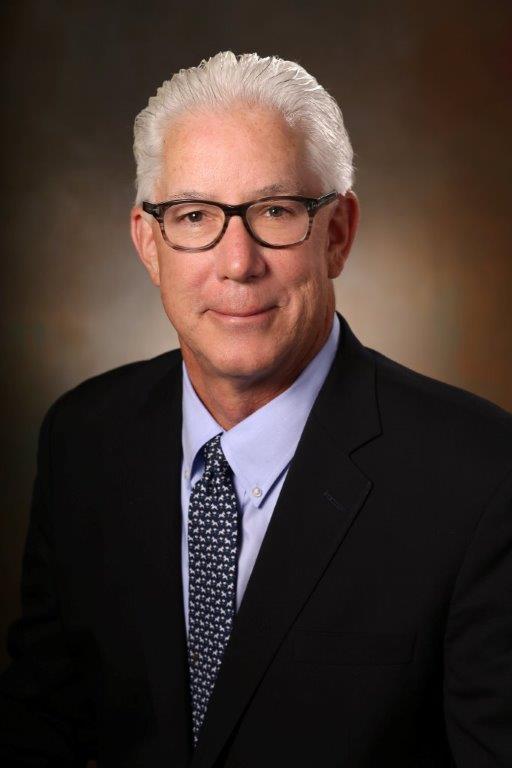Voices: Preventing Burnout Through Leadership, Physician Engagement and Patient Engagement
Preventing Burnout Through Leadership, Physician Engagement and Patient Engagement | Julian Schink, MD
Early in my career, I had no idea what burnout was, but I certainly knew a lot of burned out doctors. They were disengaged, condescending, mocking patients and learners and referring providers; for a while I thought that was normal, as in “normalized deviance”– the acceptance of something wrong because it is so common. Now physician burnout is in the news, and many specialties report a prevalence as high as 50 percent. While I am not a statistician, that number suggests that either you or one of your partners may be suffering from burnout. With this in mind, I see three steps to decreasing and preventing burnout: Leadership, Physician Engagement, and Reconnecting with Patients.

Julian Schink, MD
As the surgical leaders in women’s health, our bully pulpit is the platform for the creation of highly functioning workspaces. We have a responsibility to ourselves and our patients to provide a clear vision of what “great” looks like, and to remove any barriers to greatness. As a leader among physicians, some of your key questions to your colleagues should be: “Do you have what you need to deliver care? How can I help you get what you need and get other things out of the way?” Their answers should provide some great insights into what you can do for them to promote their engagement with healing care, which can safeguard them against burnout.
Leadership alone is no magic solution to this grim reality of burnout, especially within gynecologic oncology. Another key step is promoting physician engagement, which to me is the inverse of physician burn-out. Engagement means promoting anything that helps a physician stay connected to the core reason they practice medicine–delivering healing care. There are just too many diversions from that healing focus for many of us, and it’s my conviction that the less care we deliver the more prone we are to burnout.
I’m fortunate to practice in a health system that has taken three steps to battle burnout and promote physician engagement. One is Professional Coaching, the opportunity to receive objective and insightful guidance on overall professional practice, personal development, and life balance. An outside perspective from a talented professional coach can be an energizing and empowering tool for staying engaged in caregiving. Another step is a physician support service called MyConcierge. It’s a dedicated physician service bureau that tends to an array of non-medical concerns so we can stay engaged in caregiving. Whether those concerns are about home maintenance/repair, life tasks, or work issues, MyConcierge handles plenty of small burdens that enable physicians to focus on practicing medicine. Finally, we encourage our providers to protect their personal time and enjoy time away from work.
The Electronic Health Record (EHR) is often cited as a major factor in burnout; it contributes on two sides of this problem: Physician Engagement and Patient Engagement, looming like an electronic force field between you and your patient. To keep the EHR from interfering with my office encounters, I pre-screen the record before entering the room so I am not referring to the computer while talking with the patient. I honor that “golden minute” to reconnect before ever going electronic. I position the computer to the side and try to only use it as mutual reference in partnership with the patient. This triangulation of the patient, provider and computer retains our trusted and rewarding doctor-patient relationship. In this way, I optimize my EHR tools so I can live my mantra of “Less time charting, more time caring.”
When our patients die, it can feel like failure even when it is inevitable. Over the months and years of treatment, these people become our friends. For the frail elderly and dying, I will make the occasional house call, and it makes us both so much more connected. And when they die, I go to funerals, not always but when I can. There I hear gratitude and closure beyond words. Finally, I celebrate our cancer treatment successes. With permission from my patients I tell their remarkable success stories, and I marvel at the fact that miracles do occur, but only because of what we do.
Julian Schink, MD, is chief, department of obstetrics, gynecology and women’s health, Spectrum Health Medical Group, in Grand Rapids, MI.